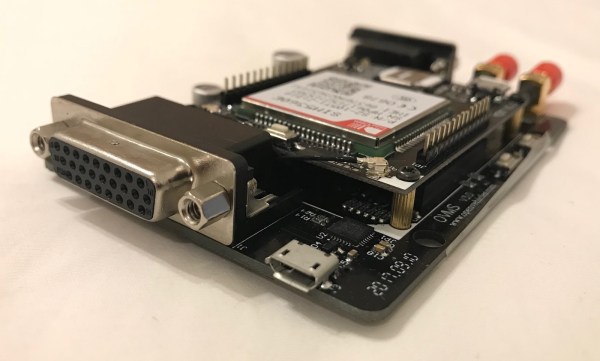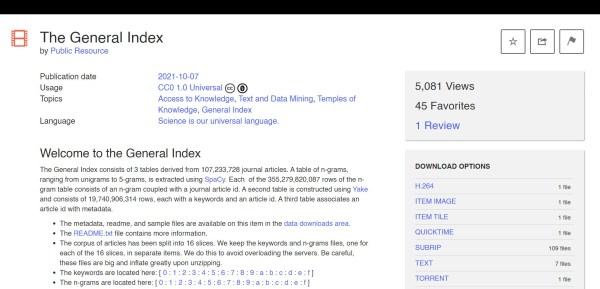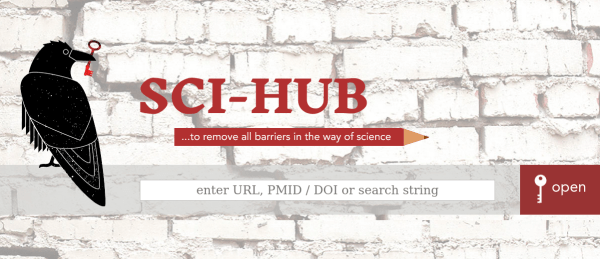The modern web has become difficult to navigate without ad blocking software. Ford now has a patent application that would bring the ads we hate to your vehicle’s infotainment system. [via PCMag]
Ford has already replied to criticism with the usual corporate spiel of patents not necessarily being the direction the company will go with future products, but it’s hard to imagine that other automakers aren’t planning similar systems since they’re already charging extra for heated seats, EV range, and performance. Bringing ads to the captive audience of your personal vehicle and targeting them based on listening to the occupants’ conversations would be a new low. Maybe you’ll be able to pay an extra $100/month for the “ad-free experience.”
Instead of taking advantage of the EV transition to make better, simpler cars, automakers are using their highly-computerized nature to extract more from you and provide less when you drive off the lot. Enshittification has come for the automobile. Perhaps auto executives should read A Few Reasonable Rules for the Responsible Use of New Technology?
The first step of blocking these ads will likely be jailbraking the infotainment system. If that wasn’t enough, locking features behind a paywall has come for wheelchairs too.
















